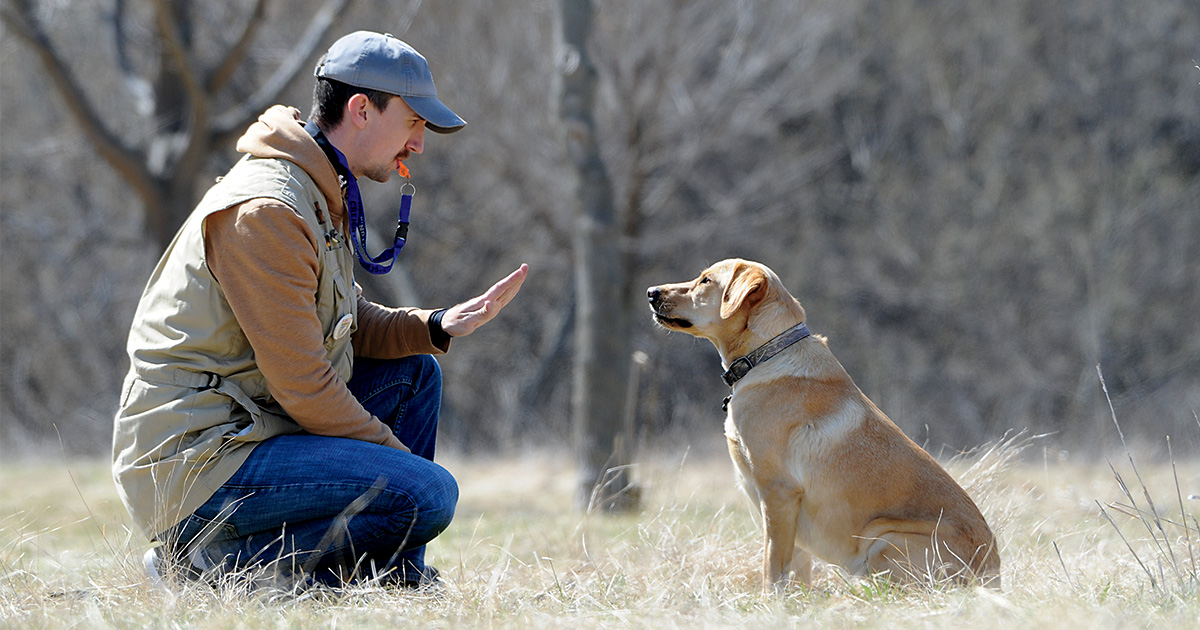Practice Like You Play
Five tips to making an off-season plan
Five tips to making an off-season plan

Working with your retriever, maintaining your hunting gear, and practicing shooting skills will keep you involved in waterfowling year-round.
Now that most waterfowl hunting seasons are over, it’s the perfect time to hone your fundamental skills as a duck and goose hunter. Use the following five tips to make an off-season plan so you’re ready to go next opening day.
One of the most fun and rewarding ways to become a better waterfowl hunter in the off-season is to spend time at the shooting range breaking clay targets. School-sponsored trapshooting leagues are one way to get some time on the range, and so is an occasional afternoon at the sporting clays range with family and friends. Wherever you go to shoot, be sure to practice the types of shots that you will encounter while hunting. These include crossing, incoming, overhead, and going-away shots.
Hunters aren’t the only ones who benefit from realistic off-season practice. Your retriever will be better prepared if your training sessions reflect what he is likely to experience in the marsh. This is especially true if you have a new dog. You can practice basic obedience, steadiness, marking, and lining skills in your backyard or a local park. This will not only help your dog do a better job as a retriever, but also help you build a stronger bond with your canine companion.
For a duck hunter, the five-note greeting call is the most important call to master. Practice during the off-season to improve your consistency in blowing these five descending notes. Like taking steps down a ladder, each note in the series is progressively shorter and softer. Once you’ve mastered this sequence of notes, practice adding volume and increasing the tempo to make a comeback call. Working on these calls for even 10 or 15 minutes a day will make you a much better caller.
Any list of off-season preparations should include getting your gear ready for storage. Wash last season’s mud off your decoys with a garden hose, rig and repair missing or broken lines and weights, remove old grass and other camo material from blinds, patch holes in waders, check the wiring and lights on trailers, and clean and oil your shotgun.
It’s never too early to start looking for a new hunting spot. A quick off-season trip to your hunting area can provide valuable information for fall. Keep an eye on water levels in wetlands and the types of crops that are planted in surrounding fields. If possible, visit with landowners to get an idea of when fields will be harvested, and while you’re chatting, ask if there are any off-season jobs you can do to help out. That small gesture is an easy way to say “thanks” for opportunities to hunt in the fall.
Ducks Unlimited uses cookies to enhance your browsing experience, optimize site functionality, analyze traffic, and deliver personalized advertising through third parties. By continuing to use this site, you agree to our use of cookies. View Privacy Policy